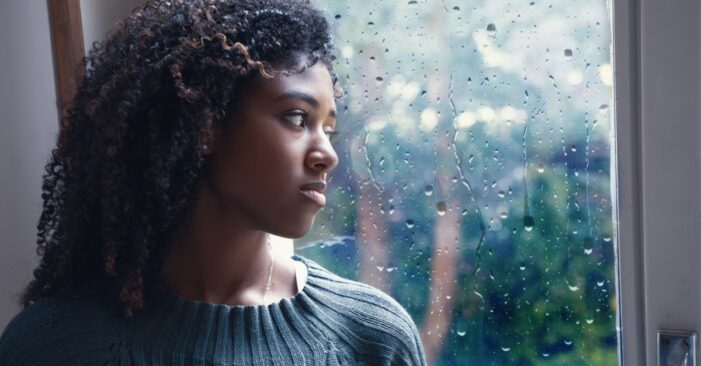By Kalyn Womack, The Root
As the pandemic protections for tenants are lifted, Black women are expected to suffer the most from a potential overflow of evictions, found a USA TODAY investigation. The investigation closely examined King County, Washington which has the highest eviction filing rate for Black women than any other group.
Per USA TODAY and data from the University of California, Berkeley, Black women are more likely than any other group to face eviction. Evictions against Black women get filed at twice the rate of white women nationally. In King County, Black women are filed against at five times the rate of white renters with sometimes less than $10 in back rent, per USA TODAY.
Experts anticipate Black women renters will continue to suffer from this issue given the lift of pandemic protections for tenants.
More on the investigation from USA TODAY:
In King County, Black women accounted for 16% of evictions while making up only 5% of the renter population.
Eviction proceedings are mostly formalities – even if a tenant owes rent and can come up with the money. Hearings often last minutes and tenants are rarely given relief. It takes three weeks on average to get evicted in Washington state.
Among the top evictors in King County were corporate landlords who had received subsidies and tax breaks for affordable housing.
Many tenants who receive eviction notices end up abandoning their homes without challenging the eviction, often because they don’t know how to do so. When they don’t respond or show up to court, this leads to what is called a default judgment in favor of the landlord, meaning tenants have days to vacate the property. Of the King County filings reviewed by USA TODAY, 44% resulted in a default judgment.
USA TODAY also found other factors that put Black women at risk of eviction. They are more likely to be listed as single parent leaseholders, have a higher probability of receiving nuisance citations from police and are at the bottom of the socioeconomic ladder. Upon eviction, they are not only at a great risk of being homeless but also experiencing a multitude of health issues that disproportionately affect them upon losing shelter, per USA TODAY.
“It’s always been the case that evictions turn families’ lives upside down and make it even harder for families to find safe, stable homes in the future. These devastating effects fall disproportionately on Black and brown women and children,” said Sen. Sherrod Brown, chairman of the U.S. Senate Committee on Banking, Housing, and Urban Affairs via USA TODAY.

